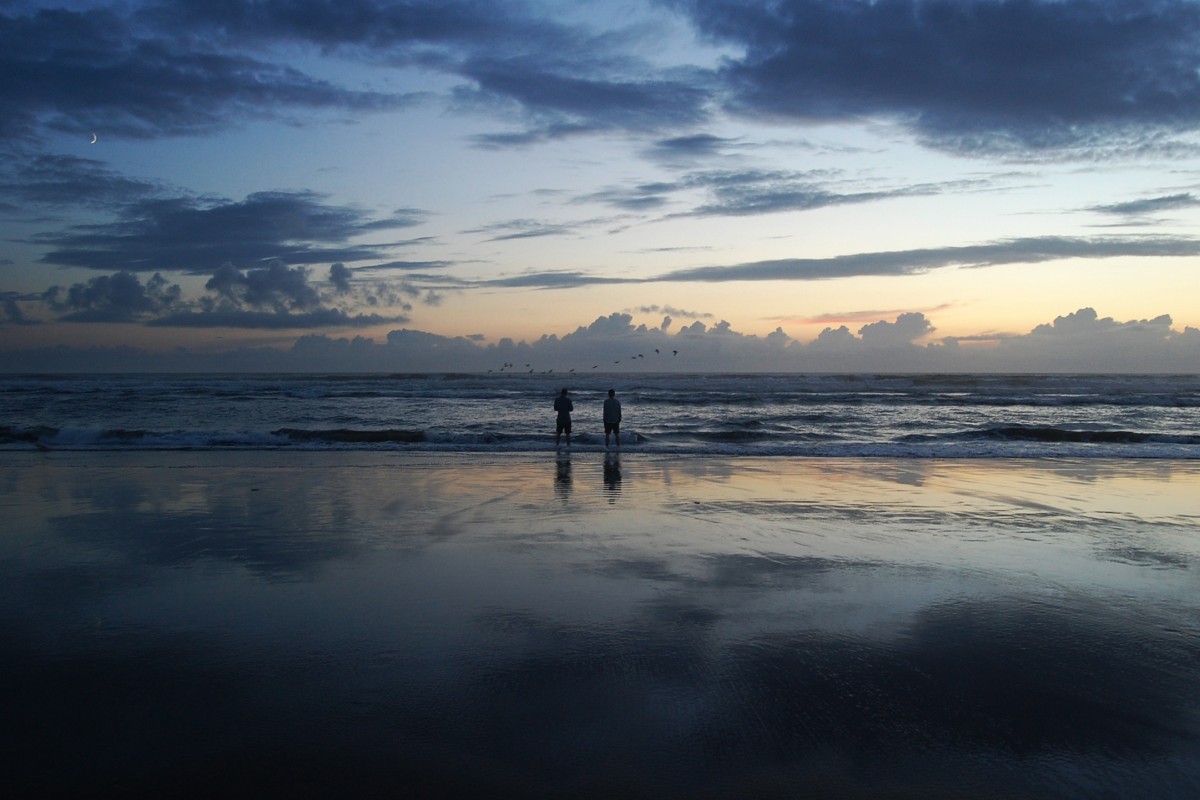“I think we can safely assume …” Actually, I doubt it. You can conveniently assume. You can quickly assume. You can naively assume. But I can’t think of any brand that can safely assume. Because to safely assume how you will continue to compete, you must depend on what you’ve known, or feel you’ve known, for so long.
Truly competitive forces, the ones that redefine industries and shatter business models, don’t seem to behave that way at all. They seem to come from nowhere. Which is also a fallacy. Because many of them are actually derived from someone simply asking “What if we don’t assume …” about some aspect of the current working model.
Apply the Feynman principle.
A great brand must be constant, because that’s how it retains integrity. It must be consistent in its application, because that’s how it retains familiarity. Yet it must assume, and proceed, on the basis that everything it counts as a strength now will fade in time, because that’s how it will retain vigilance. I’ve christened this need for lingering doubt over the ongoing value of what seems so proven The Feynman Principle in honour of the great man himself and his extraordinary sense of curiosity.
The brands that find new answers are the ones that continually and unsafely question … everything. A key aspect of innovation that too many overlook too easily is buried in the smaller word that overly-vaunted term contains. No.
Or at the very least – not necessarily.


Such an eloquent articulation of a core premise of my role as a planner. Nice one mate.
Ask Kodak, Sears, WorldComm, Enron if there is a benefit to questioning the basic foundations of your business always.
Love this stat…at its height Kodak employed 140,000 employees and they were unseated by Instagram with <20 employees.
A true Kodak moment – just not for them. Thanks as always Hilton.